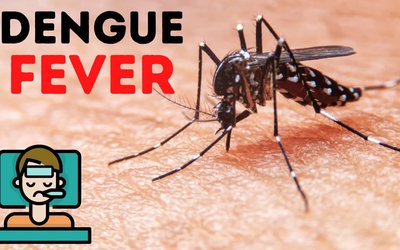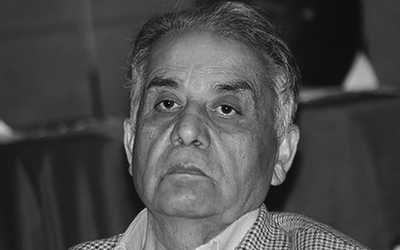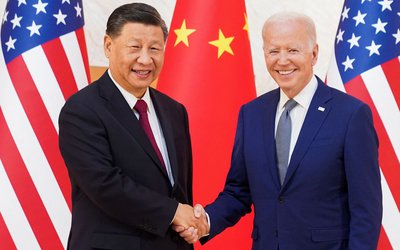
Based on a compound discovered in 1998, the antiviral Favipiravir is already being used in Japan and Turkey.
According to NHK, the Japanese government plans to stock up on enough of the anti-flu drug Avigan for two-million people. The drug is now being clinically tested as a treatment for the coronavirus.
The plan is part of a draft emergency economic package, which is expected to be finalized this week. On March 28—last Saturday—Prime Minister Shinzo Abe told reporters that his government had begun the formal process for designating Avigan as Japan’s standard treatment for Covid-19.
In the meantime, the Japanese government plans to provide nations hit by the coronavirus pandemic with the anti-flu drug Avigan developed by a Japanese chemical firm Japanese Television Channel NHK reports.
According to NHK, clinical trials of Avigan are now underway in Japan to examine the effectiveness and safety of the drug for potential use in treating symptoms caused by the new coronavirus.
Chief Cabinet Secretary Yoshihide Suga told reporters on Friday that the government has so far received requests for the drug from about 30 countries.
Suga said the government plans to expand clinical trials of Avigan while having discussions with the countries that placed the requests.
He added that it will provide each of those nations with the amount of the drug they need, free of charge.
The German government reportedly plans to procure millions of packs of Avigan to treat coronavirus patients with severe illness.
Chinese Experiences
Researchers in China say that Avigan proved effectiveness in clinical trials with people infected with the coronavirus.
A critical step in that process involves clinical trials, one of which will conclude at the end of June. And while there is not yet any detailed data supporting Avigan’s effectiveness as a Covid-19 treatment, there are some reasons for optimism. One of them arrived on March 17, when Zhang Xinmin, an official at China’s ministry of science and technology, said that Favipiravir, the generic version of Avigan, had proved to be effective in treating Covid-19 patients at hospitals in Wuhan and Shenzhen.
It was, Zhang said, “very safe and clearly effective” for treating Covid-19 patients. And while the data and methodology behind Zhang's claims have not been made public, he did announce some of the conclusions doctors had drawn from them: At a hospital in Shenzhen, Zhang claimed Covid-19 patients treated with Favipiravir tested negative for the virus after a median of four days, rather than the 11 days it took for members of the study’s control group to test negative; in another study carried out in Wuhan, patients taking the drug allegedly recovered from fever nearly two days earlier than those who did not take the medication.
Such results, preliminary and unconfirmed as they are, would seem to conform with the way Favipiravir works. Unlike most other influenza treatments, which inhibit the spread of the virus across cells by blocking the enzyme neuraminidase, Favipiravir works by inhibiting the replication of viral genes within infected cells, thereby mitigating the virus’s ability to spread from one cell to another.
With reports from WIRED and NHK
- Former Speaker Dhungana Dies At The Age Of 83
- Nov 18, 2024
- Weather Forecast: Partly To Generally Cloudy In Hilly Regions With Light Rain Is Likely In Few Places Of Koshi And Gandaki Provinces
- Nov 18, 2024
- Weather Forecast: Light Rain Is Likely To Occur At One Or Two Places Of Hilly Regions Of Koshi And Gandaki Provinces
- Nov 17, 2024
- Indian Army Chief General Upendra Dwivedi To Pay Official Visit To Nepal From November 20
- Nov 16, 2024
- Nepal Exported 40 MW Electricty To Bangladesh
- Nov 16, 2024
















